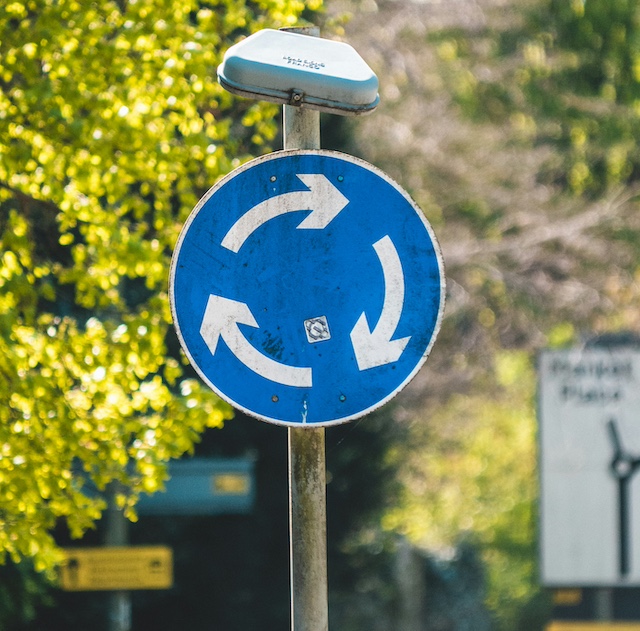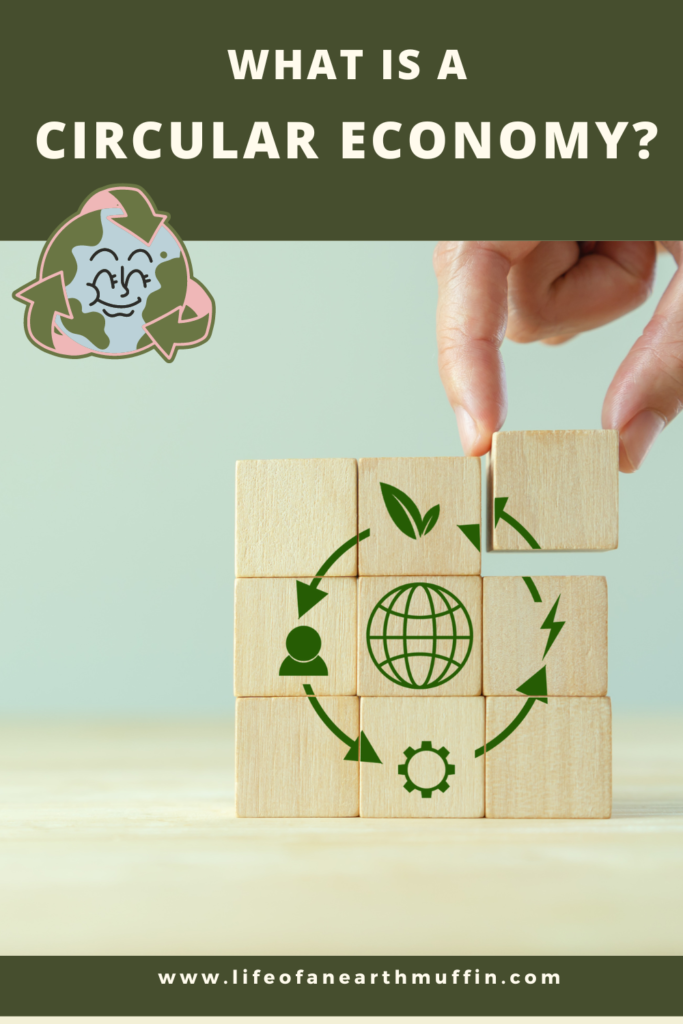In the quest for a more sustainable future, the concept of a circular economy has emerged as a powerful solution to minimize waste and maximize resource efficiency. It is truly a zero waste solution that all companies must strive for in the future! In this blog post, we’ll explore what a circular economy entails and how to identify companies that are putting this innovative approach into practice. Let’s jump right into it!

What is a Circular Economy?
A “circular economy” is a regenerative system designed to minimize waste and maximize the reuse, recycling, and repurposing of resources. Unlike the traditional linear economy (which follows a “take, make, dispose” model), a circular economy aims to close the loop. This keeps materials and products in use for as long as possible.
Key Principles of This Economy:
- Designed for Durability and Repairability: Products are designed to be long-lasting, repairable, and easily disassembled for recycling or reuse.
- Reuse and Repurpose: Emphasis is placed on extending the lifespan of products through reuse, refurbishment, or repurposing.
- Recycle and Recover: Materials and components are recycled or recovered at the end of their useful life to create new products or feed back into the production process.
- Renewable Energy Sources: Renewable energy sources are prioritized to power manufacturing processes, reducing reliance on finite resources and minimizing carbon emissions.
- Resource Efficiency: Efficiency measures are implemented throughout the supply chain to minimize waste generation and maximize resource productivity.
How to Find Companies with Actual Circular Economies:
- Research and Due Diligence: Conduct research to identify companies that prioritize sustainability and circular economy principles. Look for information on their website, annual sustainability reports, or third-party certifications to avoid greenwashing.
- Certifications and Standards: Another way to find companies is to seek out ones that hold certifications or adhere to standards related to circular economy practices. Certifications like Cradle to Cradle and B Corp typically indicate a commitment to sustainability.
- Product Transparency: Look for companies that provide transparency about their products’ lifecycle, materials, and production processes. Brands that disclose information about product sourcing, manufacturing, and end-of-life management are more likely to prioritize circular economy principles.
- Circular Business Models: Seek out companies that embrace circular business models, such as product-as-a-service, sharing platforms, or take-back programs.

Embracing the principles of a circular economy is essential for transitioning towards a more sustainable and resilient future. In addition, support companies that prioritize resource efficiency, waste reduction, and circular business models. Through informed decision-making and conscious consumption, we can collectively work towards an economy that benefits both people and the planet. What brands do you support with circular economies??
Love,
Jenna ♥





This is such a fascinating post. I always learn so much from you <3